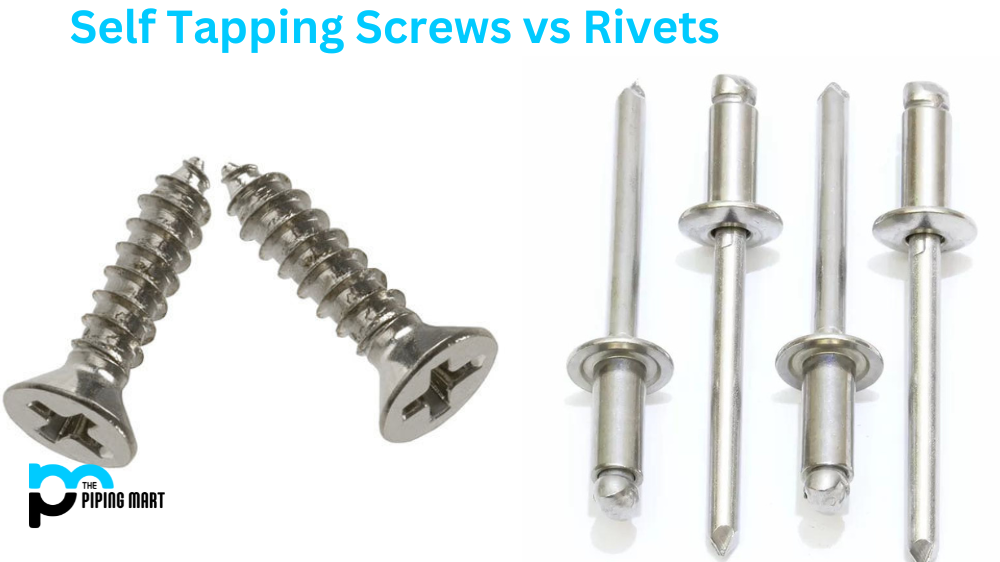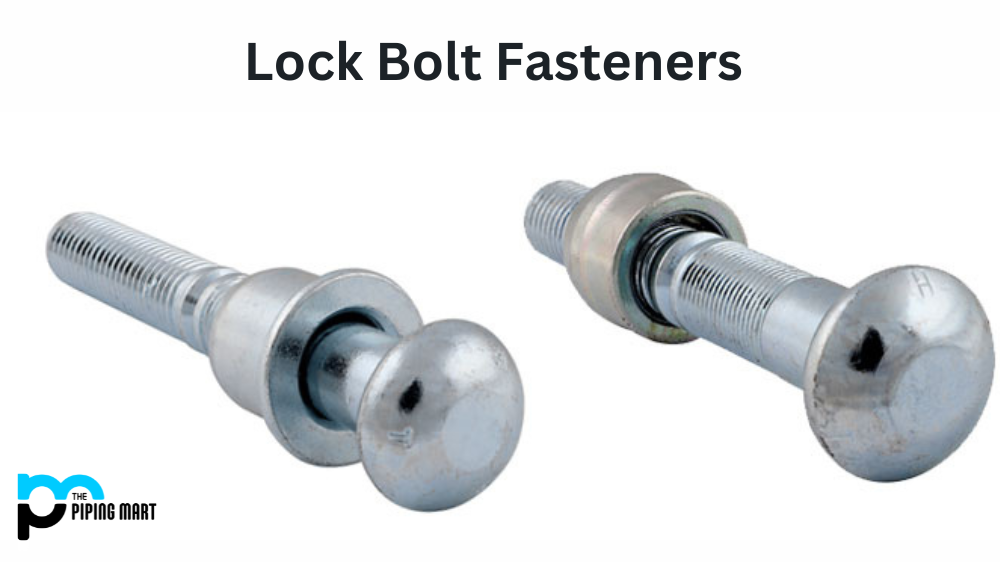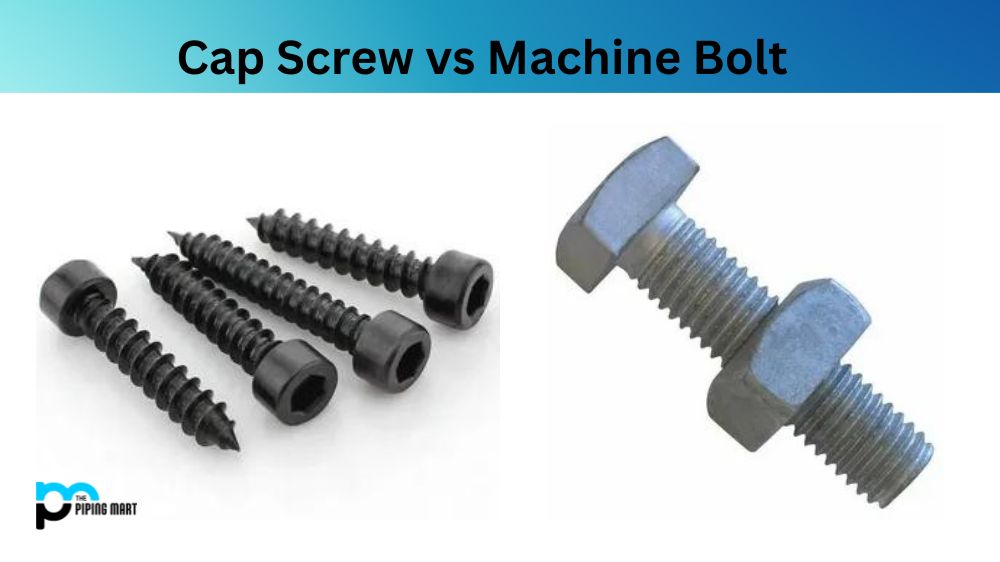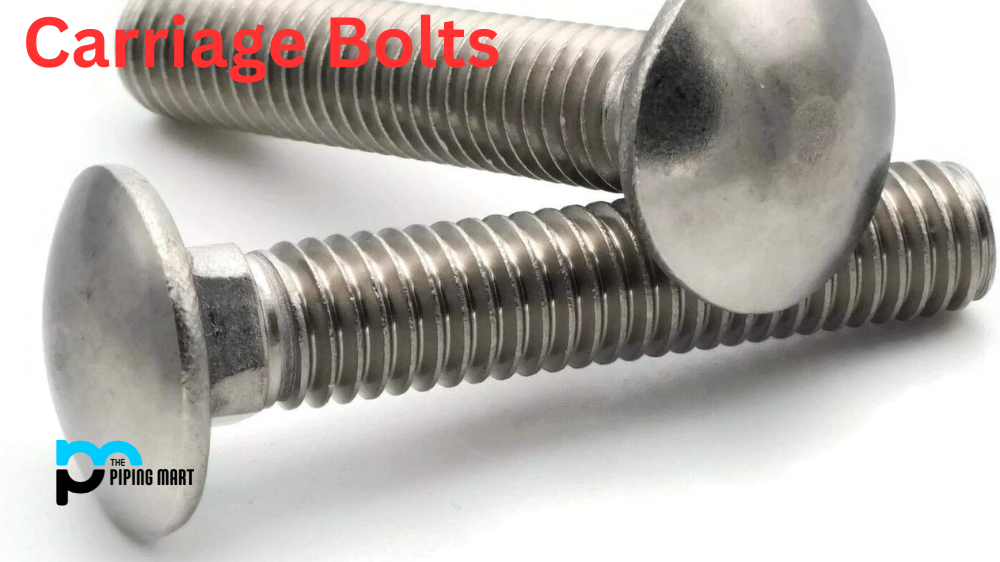At some point in your DIY project or home renovation, you might be in a dilemma of choosing the best fasteners. Two popular options are self-tapping screws and rivets. Both have their own sets of advantages and disadvantages, so which one should you choose? This blog post looks at each option to help you decide which suits your project.
Self-Tapping Screws
Self-tapping screws are designed with a sharp thread that can cut through most materials, such as wood, plastic, and metal. This makes them ideal for applications with softer surface material than screw material. Self-tapping screws come in various sizes, materials, and shapes, making finding the right screw for your project easier. They are straightforward to install and can be removed easily as well. Self-tapping screws can also hold more weight than rivets, making them an excellent choice for heavier applications.
Rivets
Rivets are a type of fastener made of two pieces, a mandrel and a hat. The mandrel is inserted into a pre-drilled hole in the two materials to be joined together, and the cap is then attached to the mandrel, creating a permanent bond. Rivets are stronger than self-tapping screws and can withstand more significant stress. They also don’t require any external tools or equipment to install, making them an excellent option for small-scale DIY projects.
Difference Between Self-Tapping Screws and Rivets
Factors to Consider
When choosing between self-tapping screws and rivets, you should consider a few factors:
- Consider the material you are working with. Self-tapping screws work best on softer materials, whereas rivets are better suited for more rigid materials.
- Consider the size of your project and the weight it will need to bear. Self-tapping screws can hold more weight, making them ideal for larger projects.
- Consider the level of permanence you require.
If you need a permanent bond, rivets are the better option.
Cost
When it comes to cost, both options are relatively inexpensive. Self-tapping screws are cheaper than rivets, but you’ll need to purchase a drill to install them. Pins are more expensive but don’t require other tools or equipment, making them a good option for those needing drill access.
- Self-tapping screws are screws that are designed to tap their own threads as they are screwed into a material. This makes them ideal for use in materials that are too hard to tap using traditional methods.
- Rivets are fasteners that are used to join two pieces of metal together. Rivets are inserted through holes in the two pieces of metal and then hammered into place.
- Self-tapping screws are more versatile than rivets as they can be used in various materials, including wood, plastic, and metal.
- Rivets are more permanent than self-tapping screws and cannot be removed once installed.
- Self-tapping screws are easier to install than rivets as they do not require any special tools or equipment.
Conclusion
Ultimately, the choice between self-tapping screws and rivets depends on several factors, such as the material you are working with, the size of your project, and the level of permanence you require. Self-tapping screws are great for DIY projects and can hold more weight, while rivets are more robust and better suited for larger projects. Consider your specific needs and requirements before making a decision. Either way, both options are great for joining materials, and you can’t go wrong.

Meet Bhavesh, a seasoned blogger with a wealth of knowledge and experience. From metal products manufacturing to retail, Bhavesh has a diverse background in various industries and is dedicated to sharing his insights and expertise with readers.




